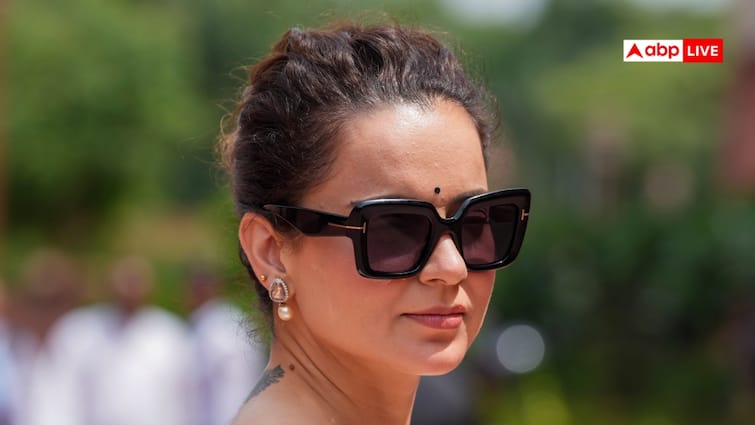Actor and BJP MP Kangana Ranaut on Friday withdrew her petition from the Supreme Court that sought to quash a criminal defamation complaint linked to her remarks during the farmers’ protests against the Centre’s now-repealed farm laws.
A bench comprising Justices Vikram Nath and Sandeep Mehta was hearing the matter when Ranaut’s counsel opted to pull back the plea. The judges indicated that the actress could instead approach the trial court for appropriate relief.
Ranaut had moved the apex court after the Punjab and Haryana High Court declined to set aside the defamation case, observing that she had not shown how her allegedly defamatory tweet was made in good faith.
The case stems from a retweet posted by Ranaut in 2021 about an elderly woman participating in the nationwide agitation against the farm legislations. The tweet, which included Ranaut’s own comments, referred to the protestor as the same “dadi” who had earlier joined the Shaheen Bagh demonstrations.
Mahinder Kaur, 73, a resident of Bahadurgarh Jandian village in Punjab’s Bathinda district, filed the complaint in January 2021, alleging that Ranaut’s post made “false imputations and remarks” against her.
During Friday’s hearing, Justice Mehta remarked on the nature of the tweet, noting, “It was not just a retweet; you added your own comments, you added spice.” The bench suggested that Ranaut could present her clarification before the trial court and, if necessary, request an exemption from personal appearance.
Kangana’s counsel: The original tweet was retweeted by many others…she wrote about the Shaheen Bagh protestor, which is not the respondent
J Mehta: What do you say about your comments at pg. […]? It’s not a simple re-tweet. You added spice to what was said. It’s subject…
— Live Law (@LiveLawIndia) September 12, 2025
When her lawyer attempted to press the matter further, the court cautioned that detailed observations at this stage might prejudice Ranaut’s defence during trial. With that, the counsel agreed to withdraw the plea, leaving the actress to explore remedies at the lower court level.



